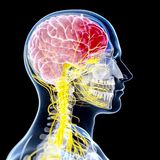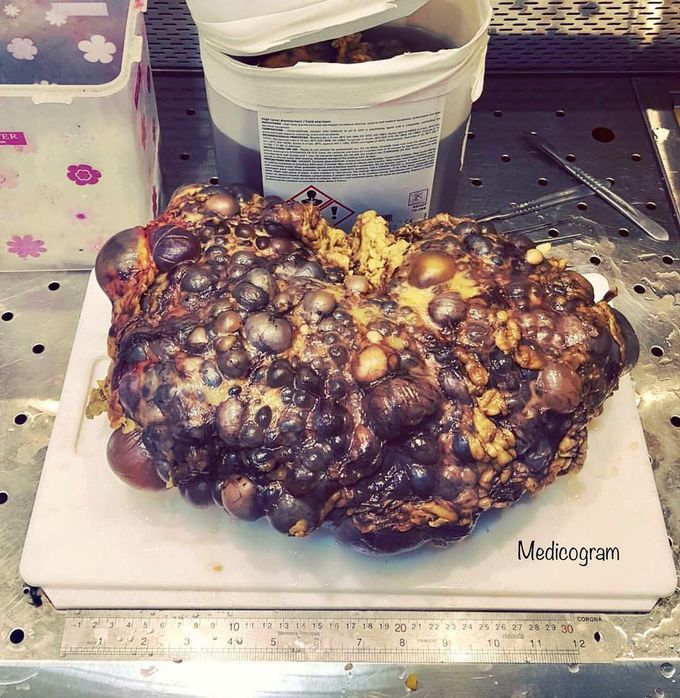


Polycystic kidney disease (PKD)
Polycystic kidney disease (PKD) is an inherited disorder in which clusters of cysts develop primarily within your kidneys, causing your kidneys to enlarge and lose function over time. Cysts are noncancerous round sacs containing fluid. The cysts vary in size, and they can grow very large. Having many cysts or large cysts can damage your kidneys.Polycystic kidney disease also can cause cysts to develop in your liver and elsewhere in your body. The disease can cause serious complications, including high blood pressure and kidney failure.Symptoms;Polycystic kidney disease symptoms can include:• High blood pressure• Back or side pain• Headache• A feeling of fullness in your abdomen• Increased size of your abdomen due to enlarged kidneys• Blood in your urine• Kidney stones• Kidney failure• Urinary tract or kidney infectionsCauses;Abnormal genes cause polycystic kidney disease, which means that in most cases, the disease runs in families.Prevention:Here are some tips for keeping your blood pressure in check:• Take the blood pressure medications prescribed by your doctor as directed.• Eat a low-salt diet containing plenty of fruits, vegetables and whole grains.• Maintain a healthy weight. Ask your doctor what the right weight is for you.• If you smoke, quit.• Exercise regularly. Aim for at least 30 minutes of moderate physical activity most days of the week.• Limit alcohol use.

